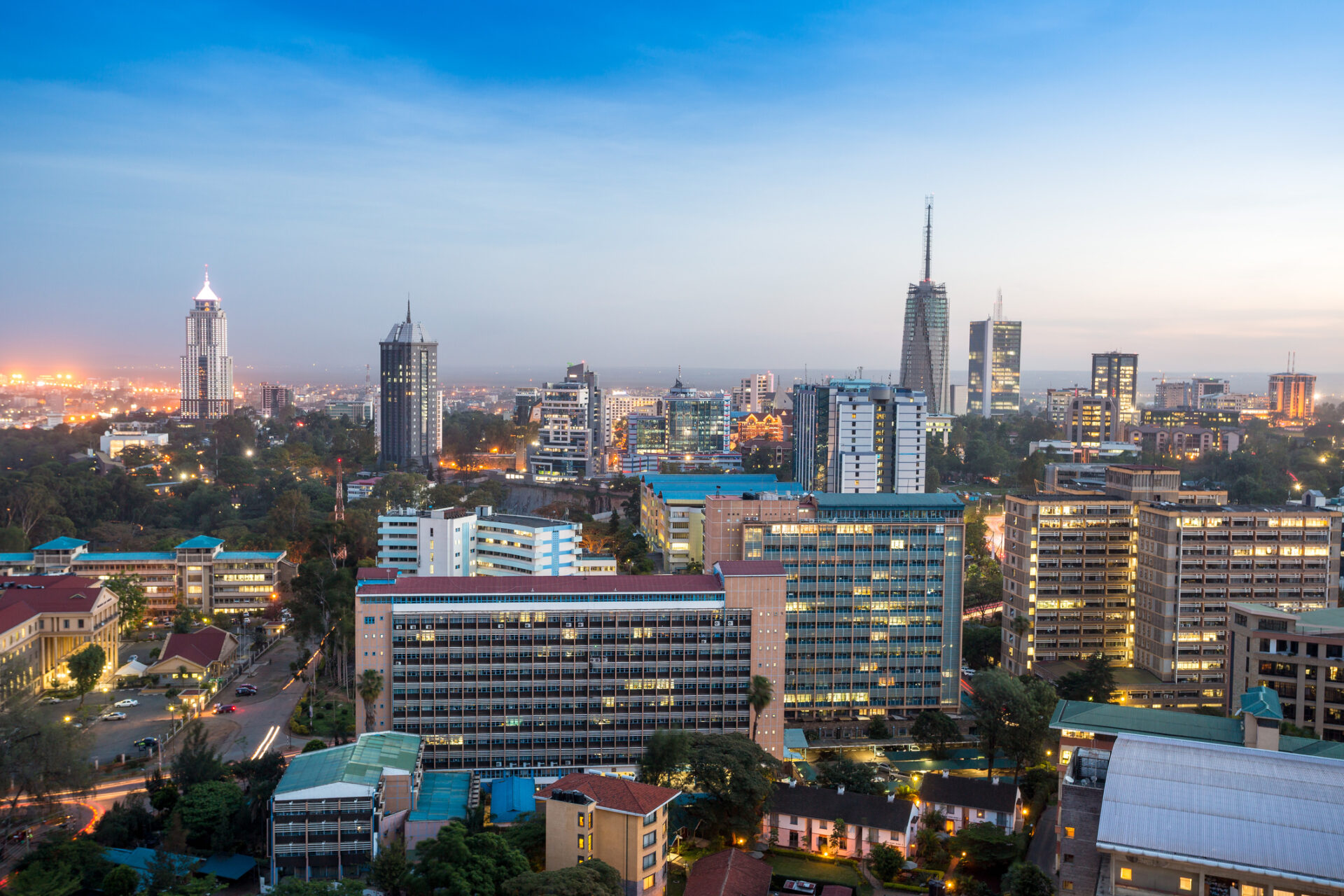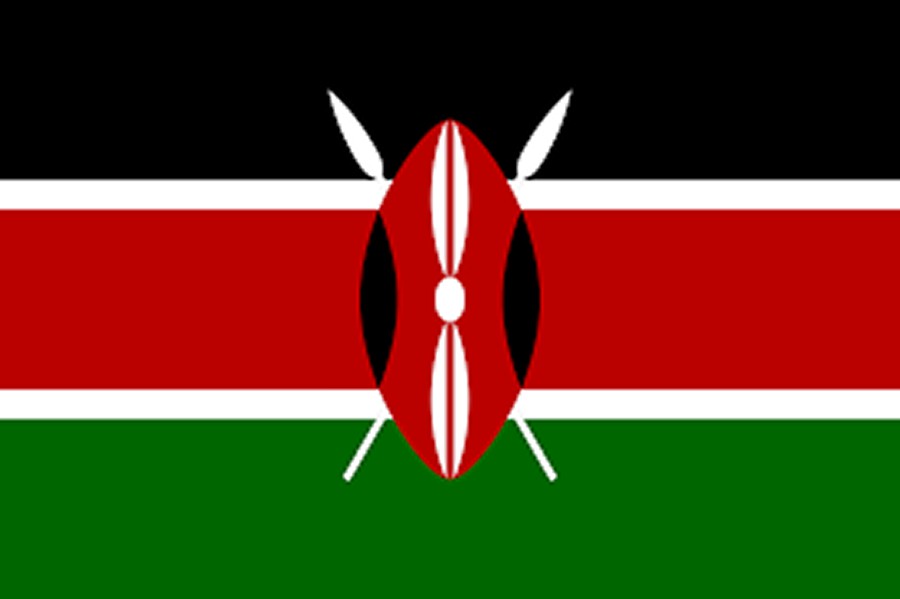
Overview
CCG has been working with Kenya since early 2021 and it was CCG’s first partner country. Our institutional partners are based at the Strathmore Energy Research Centre of Strathmore University; however, we are working with a wide range of Kenyan institutions, including the Ministry of Energy and Petroleum, Energy and Petroleum Regulations Authority (EPRA), Kenyatta University (KU), Jomo Kenyatta University of Agriculture and Technology (JKUAT), Multimedia University (MMU), University of Nairobi (UoN) and Taita Taveta University (TTU) University.
In Kenya, we are working towards resilient economic growth that is supported by the Government of Kenya’s implementation of evidence-based, inclusive, low-emission development policy. We are also striving to mobilise finance for infrastructure that supports low-carbon, inclusive growth.
To reach these goals, we conduct a range of research and collaboration outputs, including co-creation workshops and capacity building events.
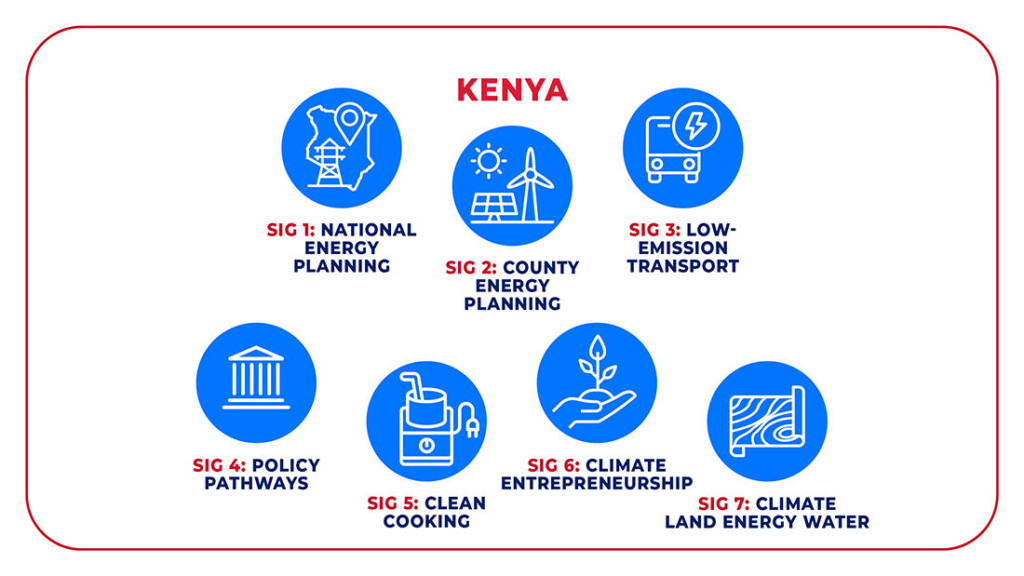
The Kenya CCG Network Special Interest Groups
The Kenya CCG Network is made up of Special Interest Groups (SIGs) featuring Kenyan experts from academia, government departments, development banks, and other areas working alongside us. Each SIG works on one of the priority areas identified by our clients and all the SIGs collaborate periodically to create a more complete picture of Kenya’s energy challenges and the possible solutions. They call on CCG resources when necessary.
The Kenya CCG Network currently contains seven SIGs
SIG 1: National Energy Planning
SIG 6: Climate Entrepreneurship
SIG 7: Climate Land Energy Water
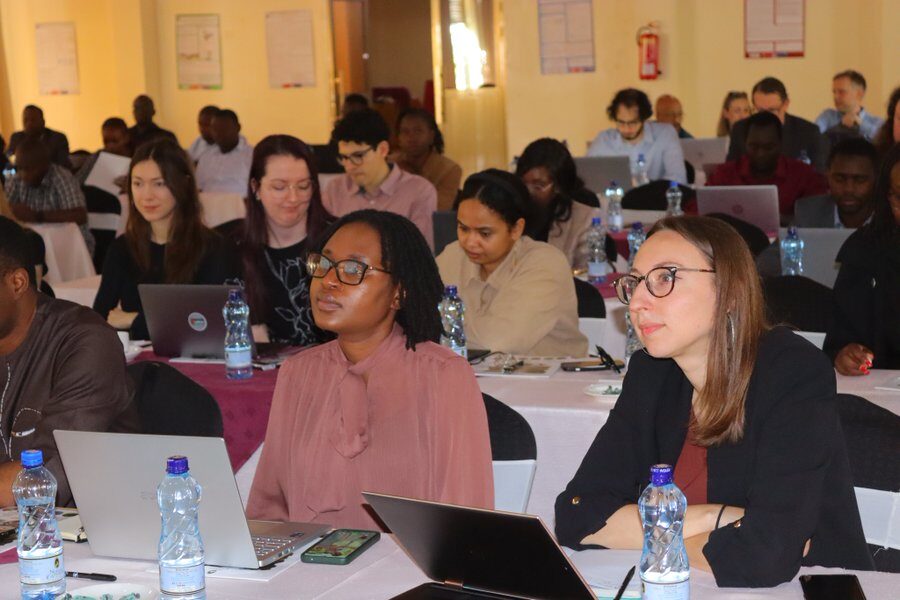
LATEST NEWS
In February 2025 the Annual CCG Kenya Workshop took place on the theme of Data. The Data-to-Deal framework was discussed in great detail as a proven method of securing climate finance. Read the full report here.
The CCG Kenya Team
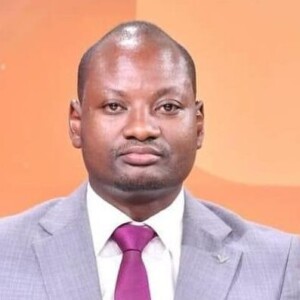
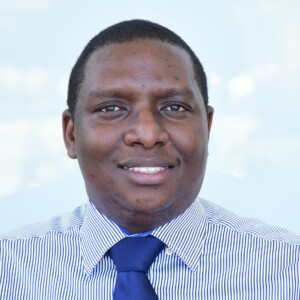
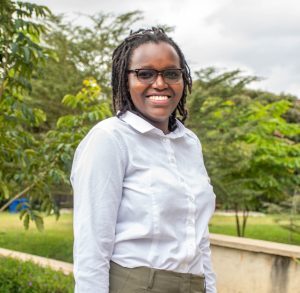
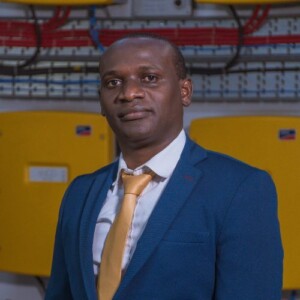
| Title | Type | Countries | Authors |
|---|

